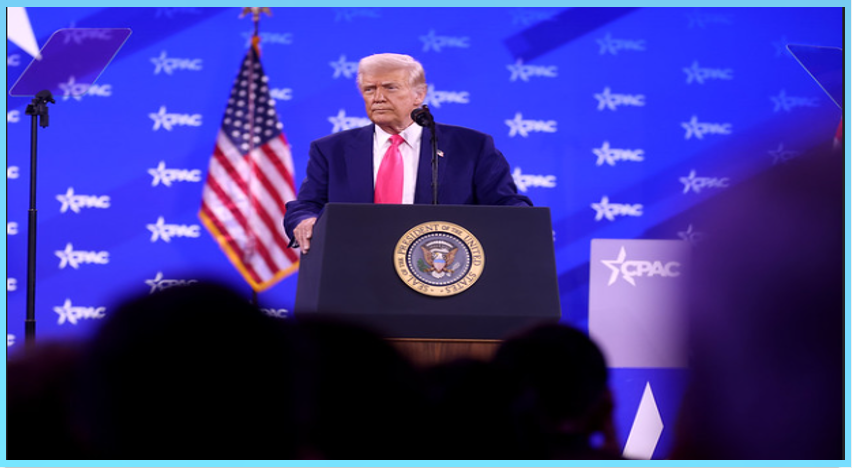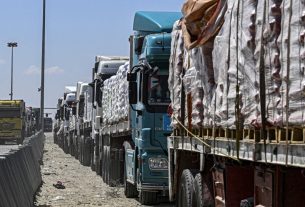Washington, On 4 July 2025 – The Trump administration has stepped into a high-stakes dispute between major U.S. oil companies and five Central African nations, aiming to safeguard fossil fuel investments valued at over $130 billion. The conflict centers on demands by regional governments—including Cameroon, Gabon, and Equatorial Guinea—that companies such as Chevron and ConocoPhillips deposit environmental remediation funds into the Bank of Central African States (BEAC) rather than international financial institutions.
📉 Industry Pushback and Financial Risk
Oil companies argue that placing cleanup funds in local banks poses financial and regulatory risks, diverging from global norms. While African officials have suggested deposits as high as $10 billion, energy firms estimate actual remediation costs closer to $1 billion over a decade.
🏛️ U.S. Diplomatic Pressure
In response, the U.S. Commerce Department, Treasury, and State Department have held talks with African officials, leveraging America’s influence at the International Monetary Fund (IMF) to encourage a resolution. The IMF has clarified that such funds cannot be counted as foreign currency reserves, aligning with the oil companies’ stance.
💬 Strategic Implications
Experts warn that Central African nations risk losing future investment if they press too hard. “The countries will lose out the most if they overplay their hand here,” said Caleb Jasso, senior adviser at the Institute for Energy Research. “There are plenty of other places to park capital”.
📊 Projects at Stake
According to S&P Global, the disputed developments could yield over 1 billion barrels of oil and gas over 25 years, generating an estimated $133 billion in profits and government revenues. Chevron, in particular, faces delays in Cameroon and Equatorial Guinea, while other firms are reassessing their regional commitments.
🧭 Outlook
BEAC has softened its position, offering to act as a passive custodian without imposing penalties during ongoing negotiations. However, a long-term agreement remains elusive, and the outcome could reshape future energy investment across Central Africa.
You can read the full in depth analysis on Global Market News.
President Trump Picture on Flickr by Gage Skidmore



